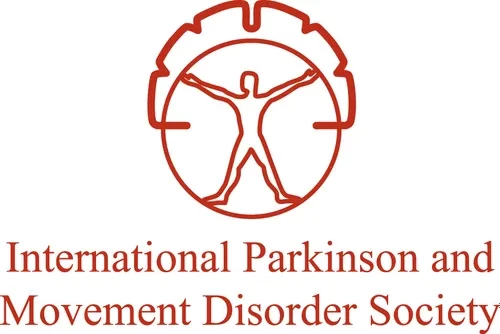New data from researchers at the University of Minho, Portugal, and from the University of Bristol, UK, show that NLX-101, a selective serotonin 5-HT1A receptor ‘biased agonist’ that targets specific brain regions, could bring much-needed hope to Rett syndrome patients and their carers.
The study, supported by the International Rett Syndrome Foundation (https://www.rettsyndrome.org/) and published in the peer-reviewed journal Biomedicine and Pharmacotherapy, examined the effects of NLX-101 in mice that lack genetic expression of MeCP2 (methyl CpG binding protein 2), thus mimicking human Rett syndrome. The results suggest that NLX-101 can attenuate the damaging respiratory impairment and cognitive deficits seen in individuals with Rett syndrome.
Rett syndrome is characterized by severe neurophysiological, respiratory and cognitive impairment, and affects approximately 15 000 patients in the US. NLX-101 has ‘Orphan Drug’ designation and has begun Phase 1 human study. The present data support its further development for treatment of Rett syndrome and related clinical indications."
👉 Read the full publication (Open Access): https://www.sciencedirect.com/science/article/pii/S0753332225001830?via%3Dihub
Rescue of respiratory and cognitive impairments in Rett Syndrome mice using NLX-101, a selective 5-HT1A receptor biased agonist.
Daniela Monteiro-Fernandes et al., Biomedicine & Pharmacotherapy 2025, PMID: 40121895





